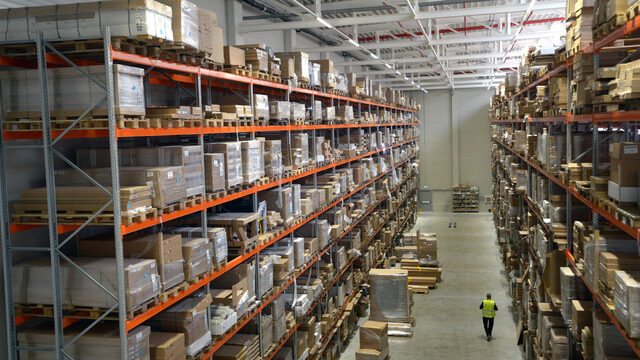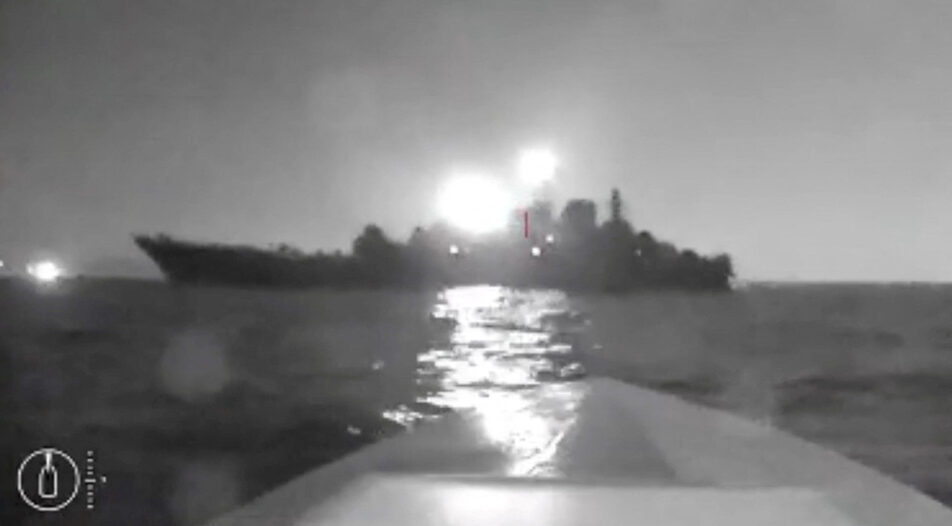Parliament rushes through populist criminal justice policies
Traffic patrols are now able to immediately confiscate the vehicles of drivers caught driving under the influence of alcohol or drugs. Courts will also be allowed to confiscate them for the benefit of the state. These are some of the changes to the Criminal Proceedings Code, rushed through by MPs without any impact assessment in response to ongoing protests of relatives of road accident victims.
When the driver who is caught under the influence is not the owner of the vehicle, they have to pay a fine equivalent to the price of the car or truck tin which they were caught. The changes were immediately criticized by lawyers and criminal policy experts for creating legal chaos and potentially worsening the effects of drunk driving instead of alleviating them. Additionally, Parliament increased the jail time for inflicting medium bodily harm from 6 up to 8 years in response to the brutal attack against a young woman from Stara Zagora, which caused nation-wide protests against domestic violence last week. This measure was also dubbed ineffective by most legal experts, who claim that it is not the length of the sentence that deters potential offenders but the inevitability of the punishment. So they believe that the focus ought to fall on enforcement.
European Prosecution arrests its first Bulgarian politician
The BSP's Valentin Dimitrov (BSP), mayor of the Northeastern town of General Toshevo (near Dobrich), became the first Bulgarian politician to be arrested at the request of the European Prosecutor's Office (EPPO). This was announced by the Sofia office of EPPO on Wednesday. The arrest was carried out in the framework of an investigation into subsidy fraud in a project to increase the energy efficiency of social housing. According to the evidence available to EPPO, public officials involved in the project, including Mr Dimitrov, provided false information on the implementation of the works, which were not completed within the set deadline. The mayor was released on a 10,000 BGN bail on Thursday. The local Socialist party structure announced it will back him for another mandate in the upcoming mayoral elections in October and called the arrest "political pressure."
Ukrainian military intelligence chief secretly visited Sofia
The head of the Main Intelligence Department of the Ministry of Defence of Ukraine, Major General Kiril Budanov, made an official visit to Bulgaria on Tuesday. According to a Defense Ministry press release, he held talks with the Minister of Defence Todor Tagarev and the Director of the Military Intelligence Service Brigadier General Venelin Venev. "In the course of the talks, the state of regional and international security, prospects for the development of the situation and other topics of mutual interest were discussed. On the Bulgarian side, the issue of the "Mirotvorets" ("peacekeeper") website was raised and clarified," the press release stated. The issue of many Bulgarian media and political figures appearing on the web page as "enemies" of Ukraine triggered concern in Russophile circles a few weeks back.
Ukraine declares war on Russian Black Sea shipping, endangering Lukoil-Bulgaria's business
Ukraine's new policy of targeting Russian ports and ships in the Black Sea, including tankers transporting millions of barrels of oil to Europe, may impact on Lukoil's oil refinery in Burgas. The refinery does not have large tanks and relies on regular supplies from Russia. "Everything the Russians are moving back and forth on the Black Sea are valid military targets," Oleg Ustenko, an economic adviser to Ukrainian President Volodymyr Zelenskyy, told the Brussels-based news website Politico on Monday.
The statement, which reflects Ukraine's desire to weaken Moscow's overall war machine, followed two recent attacks on Russian vessels near the Novorossiysk shore the same day. The Bulgarian refinery is mainly fed with oil that is transported by tankers coming from Russia's main Black Sea oil port, which exports about 600,000 barrels a day. Novorossiysk is also the main point for oil exports from Kazakhstan, with the Caspian Pipeline Consortium (CPC) line terminating there with a capacity of 1.2 million barrels per day. The news follows the announcement by the Russian Black Sea Fleet that it is extending so-called exercises in the Bulgarian exclusive economic zone (EEZ) for the period 7-19 August, with the area again declared "temporarily unsafe for navigation."

Bulgaria's export growth shrinks to 3% after dwindling electricity, fuel and oil sales
By the end of June Bulgaria's exports to third countries grew marginally on an annual basis, by just 3.1%, preliminary data shows. The increase amounts to BGN 16 billion, and the top 3 trading partners of the country are Turkey, the United Kingdom and China. The largest growth compared to the same period in 2022 was recorded in the machinery, equipment and vehicles sectors (68.7%) and the fats, oils and waxes of animal and vegetable origin sectors (38.9%). The largest decline was observed in the sector "Mineral fuels, oils and related products" (36.3%). Imports of goods during the same period decreased by 15.4% and amounted to BGN 19.452 billion. The largest value volume of goods was imported from Turkey, Russia, China and Serbia. Weak activity in energy and coal mining, as well as in some manufacturing sectors, led to another decline in industrial production, National Statistics Institute data shows.
Parliament rushes through populist criminal justice policies
Traffic patrols are now able to immediately confiscate the vehicles of drivers caught driving under the influence of alcohol or drugs. Courts will also be allowed to confiscate them for the benefit of the state. These are some of the changes to the Criminal Proceedings Code, rushed through by MPs without any impact assessment in response to ongoing protests of relatives of road accident victims.












